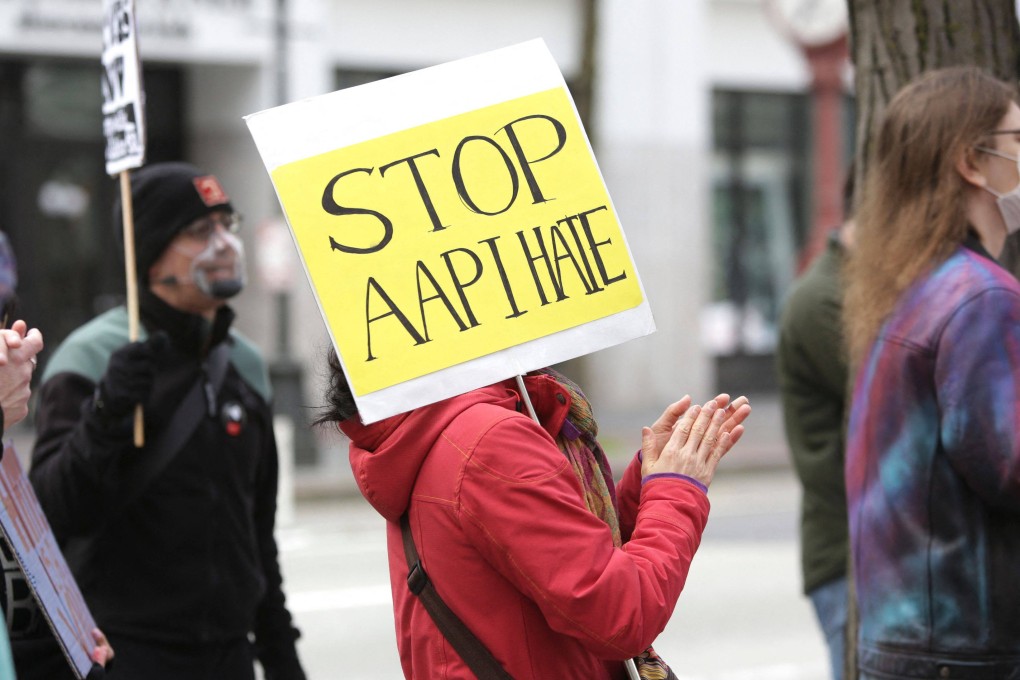US Pacific Islanders highlight their cultures and concerns as pushback against anti-Asian hate sees them swept up in AAPI acronym
- ‘The path to equity is different for every ethnic group, and certainly very different for Asians as a whole versus Pacific Islanders’
- Acronym for Asian-American Pacific Islander is used regularly, but some have criticised its catch-all nature

Chinese, Japanese and other East Asians, seen as part of these communities, have suffered discrimination and violence in the United States throughout the country’s history. But the backlash against them by those looking for Covid-19 scapegoats has put their plight in the mainstream for the first time.
As the violence and harassment of Asians continues, the acronym AAPI – which stands for Asian-American and Pacific Islander, a group that comprises dozens of ethnicities and many more languages and dialects – has been catapulted into regular usage.
And just as quickly, it has been criticised for the way it downplays issues unique to native Hawaiians and other Pacific Islanders.
This month, Senator Mazie Hirono, a Democrat from Hawaii, introduced the Covid-19 Hate Crimes Act to address “discriminatory actions against AAPIs, who are generally viewed as ‘the other’ and therefore kind of easy to target”.
The legislation would appoint a Department of Justice official to expedite a review of pandemic-related hate crimes.
